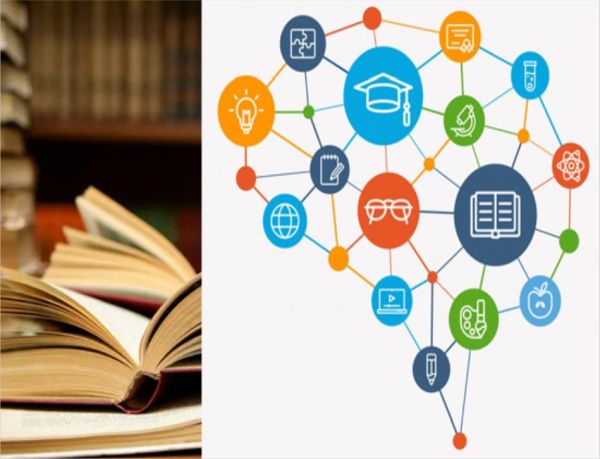Youth Corner - NEP 2020: Overview of Recommendations

- Dr. A.K. Sen Gupta
- 19 Jan, 2024
In the last write-up, we talked about the rationale to set up a new committee for revitalization of the national educational systems and processes. The said committee for drafting the national educational policy for the 21st century India was set up by the Ministry of Human Resource Development (MHRD) under the Chairmanship of Dr K Kasturirangan, distinguished scientist, and former Chairman, ISRO with seven (7) other prominent academicians. The committee submitted its draft report to the Ministry on 15th December 2018 and was approved by the Union Government in July 2020.
Vision of the Policy:
The Vision of the NEP 2020 is to create an education policy that is both global in outlook and also embedded in Indian values and ethos. Objective is to create an education policy that would make India the knowledge superpower.
Basic Tenets:
As already stated in the last write-up, the policy aimed at removing the deficiencies of the existing education system, taking on the best in the world, and having a futuristic policy keeping in view 21st century learners. The basic facets of the policy, therefore, include the following aims and objectives:
a. Create an educational policy that is best in the world while retaining the core values and ethos of India.
b. The focus of the policy is to enhance quality of education while retaining thrust on equity, access, justice, and inclusivity aspects. There should not be any drop out at school level at all.
c. From memory based and input driven approach, the policy aims at “critical thinking” and “outcome-based model”.
d. One of the important philosophies of the policy is to move away from the traditional approach of demarcation between arts / science / commerce or education / vocation and migrate towards an “integrated approach” that would empower the students to focus on “life skills”. This includes inculcation of “critical” as well as “innovative thinking”.
e. The assessment should simultaneously shift from traditional end-term (summative) to continuous assessment model (formative).
f. The world and workplaces are essentially multi-disciplinary in nature. Hence the education system should be such that it inculcates “multi-disciplinary skills” rather than focusing on a single discipline.
g. Besides the “what” component (knowledge), the education system should increasingly move to “how” (application) and “why” (thinking ability). Education should also take care of local needs, respecting the wide diversity of our culture.
h. Education should focus on understanding the Indian past and its rich culture so that students can take it forward. Understanding Indian languages assumes importance in this context.
i. Students must be made aware of the new topics / issues of current relevance like ethics, social responsibility, ESG, etc.
j. Research should be made an integral part of education so that innovations can shape the future of the country.
k. Entrepreneurship should be made a vital part of education.
l. Teachers should be the enablers of change at all levels.
m. Regulation for education should be simpler but tough (light but tight).
Policy and Implementation at Various Levels:
The NEP 2020 prescribed various specific recommendations in different areas of education starting from school to graduation, post-graduation and beyond. All these will be discussed, in brief, in the coming write-ups.
Some of the recommendations are path breaking and if implemented in the right spirit, will take Indian education to a different orbit in alignment with the global standards.
The implementation of NEP 2020 has also started in some of the areas. There are some resistances from some quarters and hence the pace of implementation has been a bit slow. But the future appears to be bright.
Dr A K Sen Gupta is the Founder and Convener, Higher Education Forum (HEF). He is former Director of SIES College of Management Studies (SIESCOMS), Navi Mumbai and Bharatiya Vidya Bhavan’s S P Jain Institute of Management & Research (SPJIMR), Mumbai. He may be contacted at aksengupta51@gmail.com or 9821128103.





